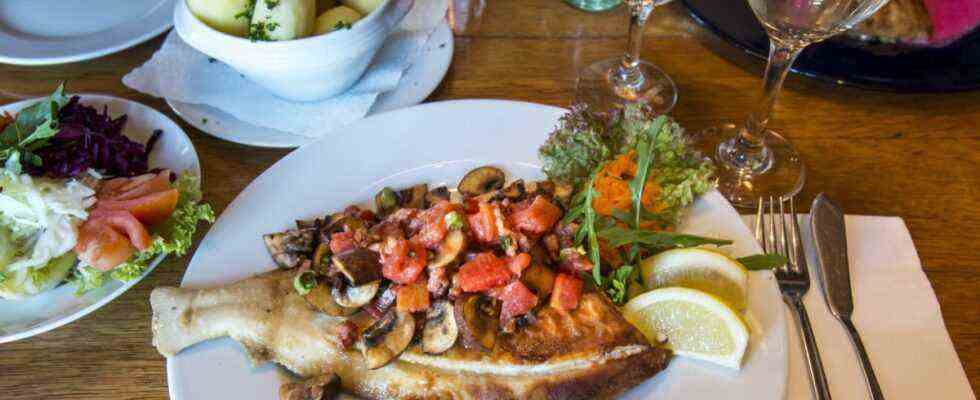Bad news for restaurateurs: In many cases, their insurers do not have to pay for the loss of earnings they suffered during the corona lockdowns. The Federal Court of Justice (BGH) decided on Wednesday.
The 53-year-old innkeeper Marco Ceccaroli, who runs the “Bellavista” restaurant in Travemünde on the Baltic Sea, had complained. Like all restaurateurs, he had to close his business for months during the state-ordered corona lockdowns. He demanded 40,000 euros from his insurer Axa. He had taken out a policy with the company against officially ordered plant closures due to infectious diseases.
But like so many business closure insurers, Axa opposed it. The insurer pointed out that the corona virus was not listed in the conditions. Ceccaroli, on the other hand, took the view that the diseases listed there should only be understood as examples and that Covid-19 was very well insured – and sued the insurer. The Lübeck Regional Court and the Schleswig Higher Regional Court (OLG) turned him down – and now the BGH too.
According to the judges, the enumeration is not just examples. There is only insurance cover for the diseases listed. This is also clear to customers. “On the one hand, the average policyholder will have an interest in the most comprehensive insurance cover possible, but on the other hand, he cannot assume that the insurer will also want to cover diseases and pathogens that are not listed in the catalogue,” according to the BGH.
The fact that the BGH did not agree with another judgment gives restaurateurs hope
This means that restaurateurs with similar clauses also have bad cards. “These conditions are not unusual,” says Caesar Czeremuga from the law firm Norden. Many policyholders – including the clients he represents – have disease lists in their terms. “This is a very disappointing verdict for many hundreds of companies.”
However, the BGH also emphasized that a decision must always be made on a case-by-case basis as to whether there is an entitlement to benefits. “It depends on the specific conditions,” explains Czeremuga. The current case was only the first of many: a total of around 160 restaurateurs are still waiting for a decision by the BGH.
Czeremuga emphasized that it was positive that the Supreme Court did not follow a different argument by the Schleswig Higher Regional Court. The Higher Regional Court had considered the corona damage to be uninsured because the company had been closed as a preventive measure on the basis of a general decree and there was no Covid 19 infection in the company. The judges of the BGH ruled that this was not necessary at all. The occurrence of the insured event “does not presuppose the realization of a so-called intrinsic risk of infection arising from the operation itself,” the judges explained.
Business interruption insurance is a niche line of business that has garnered a lot of attention during the pandemic. Only a good two percent of the 3.5 million companies in Germany have taken out such a policy. In the Corona year 2020, insurers had premium income of 26 million euros, with claims payments of a whopping 900 million euros. Some companies, such as the Talanx subsidiary HDI, paid the lockdown damage voluntarily, others only after court cases.
According to the GDV insurance association, a total of 470 companies went to court. In the first instance, the courts ruled in their favor in around 90 percent of the cases, and in the second instance the figure was even 95 percent. Lawyers from the restaurateur camp point out, however, that insurers are happy to agree on a settlement with the plaintiffs as soon as a negative judgment threatens them – which would distort the statistics.
The current BGH processes are no longer relevant for future damage: the insurers have now ruled out pandemics in their new contracts.

